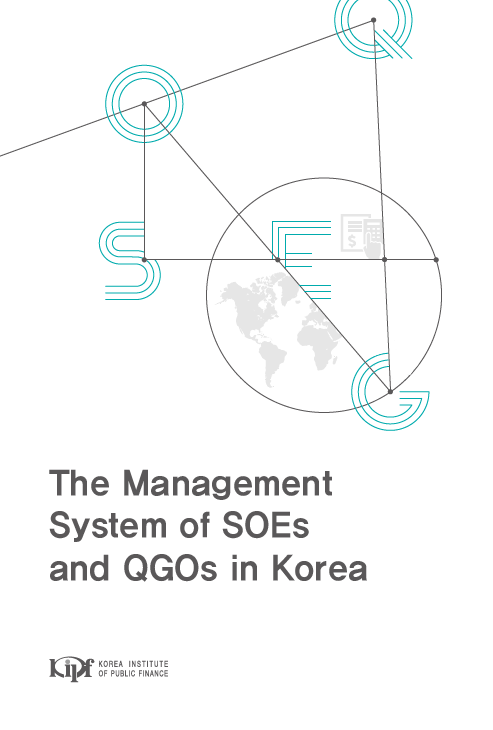The Management system of SOEs and QGOs in Korea

As of end of December 2017, a total of 338 central SOEs and QGOs employ 312,320 workers, which accounts for 1.2 percent of the economically active population. In addition, all SOEs and QGOs account for 811 trillion won in assets and 495.6 trillion won in debt. The total budget of SOEs and QGOs in 2017 was 641.5 trillion won, accounting for 37.5 percent of the nominal GDP of South Korea, which is about 1.5 times the size of the government budget(about 400 trillion won). As the various services provided by SOEs and QGOs such as water, electricity, gas, and roads affect the overall lives of the people, managing these institutions to perform at its full capacity is one of the most important duties of the government. This includes a series of process of providing accurate information to the public about SOEs and QGOs which is run by taxpayers' money, consistently checking on customer satisfaction of these institutions, consistently monitoring that there is no corruption involved, and consistently assessing their management performance.
This book provides a comprehensive and detailed information on South Korea's SOEs and QGOs management system. In particular, the book tries to contain information that could immediately be applied by policy practitioners in these countries, such as actual questionnaires used in customer satisfaction survey that’s applied to major SOEs and QGOs, performance evaluation items and indicators, and management information disclosure items. To facilitate the understanding in developing countries where language and environment are different, the content of the book was described using general terms, accurate information and objective representation of the system and policy descriptions.



